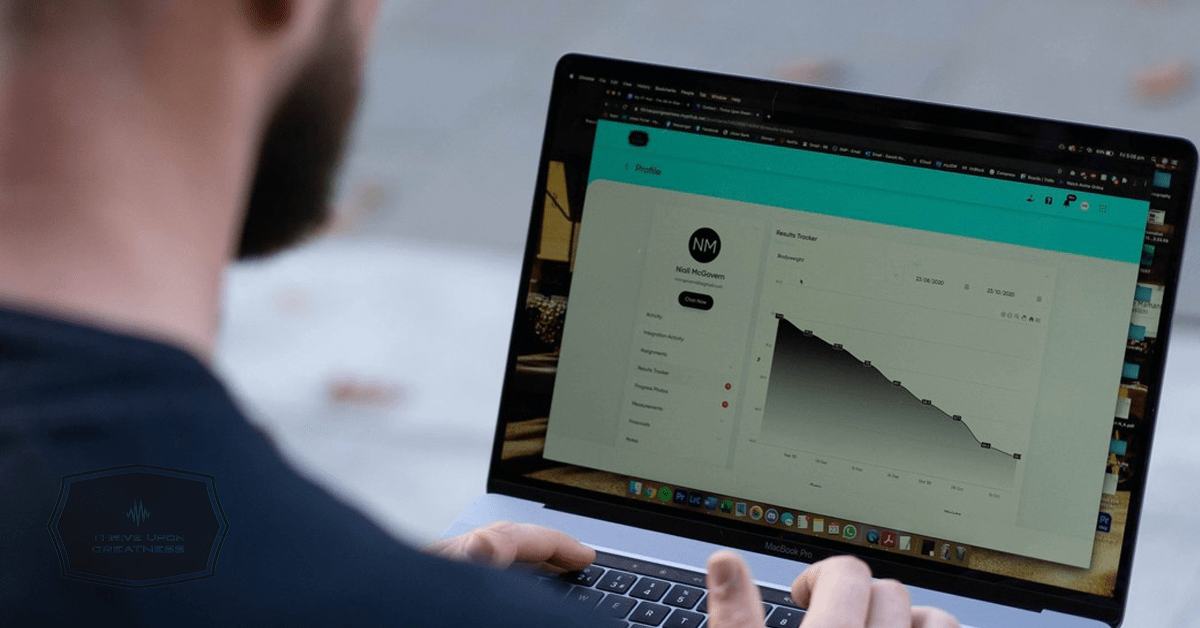Working from home can make people feel more anxious about work especially during
lock-down; workers happen to be doing 1 extra week in over time a month to show bosses how much of an asset to the company they are. This can massively impact your social life along with your mental health. Other problems from working at home are that you may be unable to focus and become easily distracted however, here is three ways of managing this;
1. Setting Boundaries; create physical boundaries at home and compromise with other from whom you live with while working from home.
- Leave your phone in another room or set time limits on certain apps that may distract you allowing you to still answer important calls.
- Create a working zone that you can walk out off that allows you to relax when you aren’t in work mode; this could be converting your box room into your office or even designating a space that is pure for work and work only. In this space try to have natural light or even a small plant that can have a very calming effect on your mind as your work.
- If you are living with someone, both could have a very important schedule to follow, talk to each other about one another schedule to make the best of this; i.e. one of yous are free from 1-2 and can answer the door if there is any deliveries while the other is on an important phone call.
2. Flexibility; the same 8-9 hour ritual that worked for you in the office may not work for you at home; especially if you have kids.
- Asses whats working for you and whats not
- decide how to best structure your day to suit you
- Talk to your boss to see if you can trial a routine that makes sense for both of you while being highly effective; this might mean making early morning hours to earlier or evening hours later to allow you to do everyday tasks such as going for a walk your kids or cooking lunch. Look at your output by a to-do list rather than the amount of hours you are completing. Some days this could result in 8 hours of work and on other days this could result in 2 really effective work of going through your to do list completing tasks allowing you to achieve what you need to achieve to fulfill your job rather than time it takes to do so.
3.Communication; prioritise effective communication over constant communication. Constant communication can make you feel overwhelmed and feel like you are never getting a break.
- When communicating; make it super clear. Inform them of your plan; how you propose on working on the project, what they can expect and when, what your focus will be for the day of that week, what your focus will be for the rest of the week.
- The language you use matters too, don’t be afraid to show confidence and accert yourself, for example at the end of the day when you feel you’ve accomplished all of your task and its time to switch off. You could just send a quick email to your boss saying ‘signing off now for today but you know where I am if there is an urgent issue; this is what I’ve done today, this is what I plan for tomorrow and let me know when it suits to catch up on our project plan’. This will show your boss that you respect your own time and theirs, showing that you are on top of your work while taking responsibility into your own hands. This will ultimately let you shut off for the rest of the day allowing you to clear your head from work.




